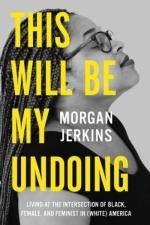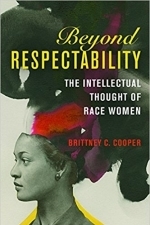
Beyond Respectability: The Intellectual Thought of Race Women
Book Watch
Beyond Respectability charts the development of African American women as public intellectuals and...
History Politics gender studies
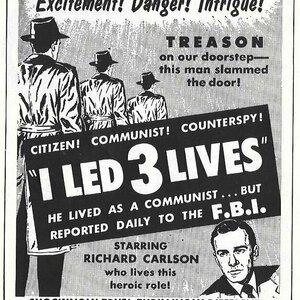
I Led 3 Lives
TV Show
Herbert Philbrick was a young professional and pacifist in 1939 Boston. He joined an anti-war group...
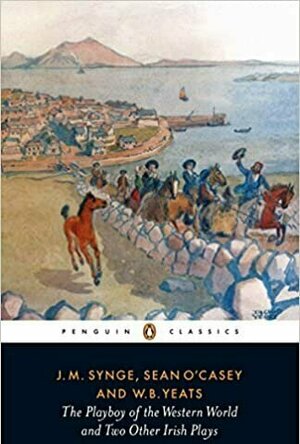
The Playboy of the Western World
Book
A murderer becomes the toast of the village as his charm negates his crime. A young countess saves...
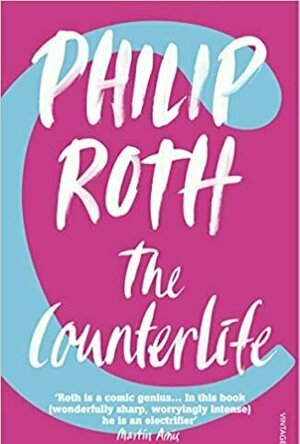
The Counterlife
Book
Winner of the National Book Critics Circle Award for Fiction The Counterlife is about people...
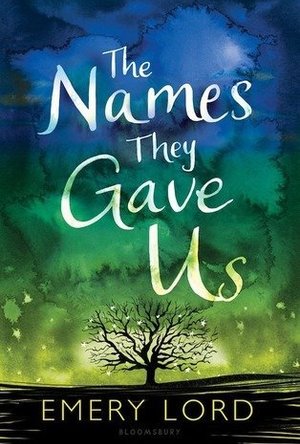
The Names They Gave Us
Book
When it all falls apart, who can you believe in? Everything is going right for Lucy Hansson,...
religion summer camp cancer

The Poet X
Book
Xiomara Batista feels unheard and unable to hide in her Harlem neighborhood. Ever since her body...
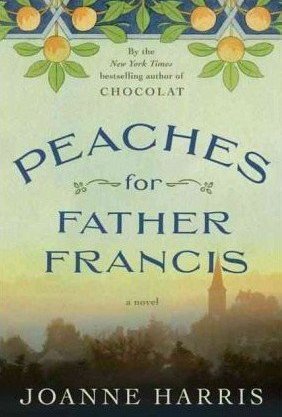
Peaches for Father Francis (Chocolat #3)
Book
Even before it was adapted into the Oscar-nominated film starring Juliette Binoche and Johnny Depp,...
What I learned is that some of my childhood was straight-up racist. I always thought of my childhood as pretty idyllic - my parents were high school sweethearts, and to this day still adore each other. We lived in a house my parents owned. (My most formative years were actually spent in the house my mother grew up in; my parents bought it from my grandparents when I was seven.) We got to run around and play on a quiet neighborhood street where we knew all of our neighbors. We had pets of various species, we got technology fairly quickly since my father was a computer geek, we had a garden out back that Mom canned beans out of every year.
But I was homeschooled until eighth grade. (With Bob Jones and Abeka Books, notoriously Christian curriculum. I thought humans lived with dinosaurs well into my twenties.) We went to a conservative Christian church every Sunday. (And Tuesday. And some Fridays.) While my parents taught that I could be anything I wanted to be, the church definitely over rode that with "women should be subservient to men" and "don't trust your own judgment, ask God/your parents/the elders."
The incident that Jerkins' book brought back to mind, though, was a party I went to. I'm pretty sure it was someone's birthday party, but at a church. Not our church. There were a lot of people, though, so I could be wrong about the birthday party. It was this party where I got the tiny scar in my eyebrow - some kid broke the bat on the pinata and threw it behind him, where it hit me in the face. Before that, though, was the cake walk. There were footprints laid out on the concrete floor, and we paced around them while music played, kind of like musical chairs, I think. (I was younger than ten, my memory is a little fuzzy.) I won the cake! I thought nothing of this until reading This Will Be My Undoing.
"The cakewalk was a dance performed in the late nineteenth century at slave get-togethers. You lean or rear back and kick your feet out left and right or vice versa as you move forward......White people would watch them dance, fascinated by the exoticness of it all. These spectacles were purposeful humiliations. But the cakewalk evolved as slaves' own form of subversion. While serving at large and fancy parties in the early 1800s, they would watch well-to-do white people perform strict and stiff dances, like cotillions and quadrilles, and mimic them, exaggerating the bowing and small skips and hops and adding some high steps and jumps. In diaries kept by white people in the antebellum South, the cakewalk is not depicted as a form of satire. After all, why would a sweet slave mock his benevolent master? To white people's eyes, this imitation seemed like flattery. They were delighted that the slaves were attempting their civilized dances. In fact, they would hold competitions and the winning slaves would receive a cake, hence the name. Yet they were being mocked, right in front of their faces."
WHY WAS THIS BEING HELD AT A CHURCH PARTY? I don't recall if it was all white kids, but it probably was. My hometown was not very ethnically diverse. The more I learn - academically, politically, socially, secularly - the more I realize my childhood was pretty fucked up in a lot of different ways. I don't know if it was more or less fucked up than most white kids' childhoods - white supremacy is insidious. I was an ignorant child at the time, but to realize, decades later, how racist holding a cakewalk is, stopped me in my tracks. (Incidentally, this means that calling something "a cakewalk" has its roots in racism, like so many other things in our language. Cakewalks weren't easy - but the best dancers made them look that way.)
So that's what I can say about this book. I learned something about my childhood. Beyond that, all I will offer is that Jerkins is an excellent writer; the book flows well and is an easy read, despite the subject matter not being easy. Read it. It's important.
You can find all my reviews at http://goddessinthestacks.com
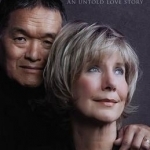
Joni and Ken: An Untold Love Story
Book
It was not a typical Sunday morning for Joni Eareckson. Sure, she was in her regular place along the...
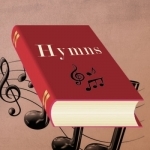
Hymnal Baptist-PD
Music and Reference
App
The Baptist Hymnal (2008) A collection of over 280 of your favorite hymns with full lyrics, full...
